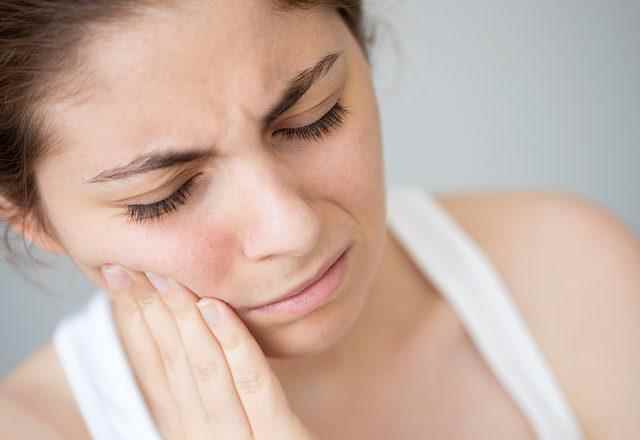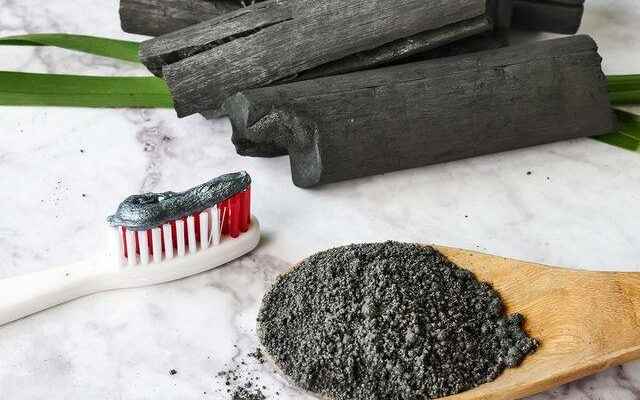For dental health, it is necessary not to neglect dental care and brushing the teeth regularly. Toothbrush and paste used while brushing teeth affect dental health quite a lot. Brushing hard and using toothpastes containing harmful chemicals cause damage to teeth and gums. prof. Dr. Batu Can Yaman said, “There is no scientific evidence of activated charcoal for teeth whitening,” about the toothpastes with activated charcoal, which are used with the thought that it will whiten the teeth more.
ACTIVATED COAL HAS NO EFFECT ON TEETH WHITENING.
Stating that teeth whitening has a special place for people, Prof. Dr. Batu Can Yaman, on activated charcoal-containing toothpastes, said, “Products containing activated charcoal have now become one of the biggest trends in the health and cosmetics world. Activated charcoal, the type used in beauty products and toothpaste; It is a fine-grained powder made from wood, coconut shell and other natural substances that oxidize under extreme heat. There are few studies evaluating the effectiveness of toothpastes containing activated carbon. Many pastes containing activated carbon or activated charcoal are sold on websites and on the market with the claim that they are whiteners. The activated charcoal in toothpaste can help remove surface stains from your teeth. Charcoal is mildly abrasive and can also absorb surface stains to some extent. However, there is no evidence that it has any effect on stains under the tooth enamel or has a natural whitening effect. Whitening teeth requires work on surface stains as well as internal stains under the enamel. “While activated charcoal has some proven benefits, there isn’t enough scientific evidence to show teeth whitening as one of them.”
ACTIVATED COAL CAN DAMAGE YOUR TEETH IN DAILY USE

“Charcoal toothpaste is too abrasive for everyday use. Using a very abrasive material on your teeth can erode your enamel. This can make your teeth appear more yellow by exposing dentin, a calcified yellow tissue. It can also make your teeth more sensitive. Also, most charcoal toothpastes do not contain fluoride. Fluoride helps keep tooth enamel strong, which protects your teeth against cavities and decay. Thus, some evidence is emerging that links charcoal-containing toothpaste to increased tooth decay. While it causes staining on some teeth, charcoal particles can accumulate in the cracks and crevices of old teeth. It is not yet known how coal affects the materials used in making bridges, crowns and composite fillings. Coal particles can accumulate, leaving a black or gray line between them. But when used occasionally after a professional cleaning, it can help prevent staining. Although toothpastes containing activated charcoal have received a lot of attention and pressure, they are no more effective than other toothpastes and at-home whitening products on the market. It may help remove surface stains, but long-term use of this product is still unknown due to limited studies.”
